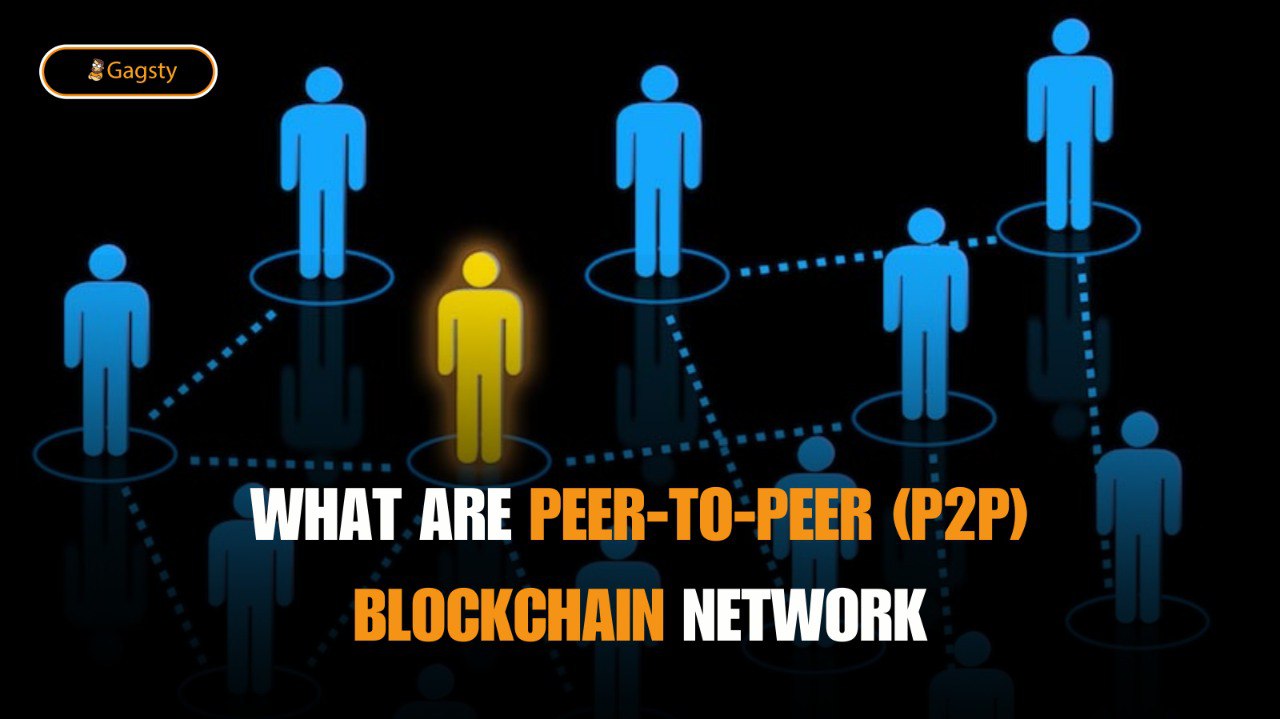
Blockchain technology has been gaining popularity in recent years, especially with the rise of cryptocurrencies. One of the key features of blockchain is its ability to operate in a peer-to-peer (P2P) network. In this tutorial, we will explain what P2P blockchain networks are and how they work.
Understanding Peer-to-Peer (P2P) Networks
A peer-to-peer network is a decentralized network where nodes (devices) communicate directly with each other without a central server or authority. In a P2P network, every node has the same capabilities and responsibilities, and they work together to form a cohesive network.
How P2P Blockchain Networks Work
A P2P blockchain network is a decentralized network where every node has a copy of the blockchain. When a new block is added to the blockchain, it is broadcasted to all the nodes on the network, and each node validates the block before adding it to its copy of the blockchain. This process ensures that every node has the same copy of the blockchain and that the network is secure.
Benefits of P2P Blockchain Networks P2P blockchain networks have several benefits, including:
Decentralization: P2P blockchain networks do not rely on a central authority, making them more resilient to censorship and single points of failure.
Security: With every node having a copy of the blockchain, it is difficult for malicious actors to attack the network.
Efficiency: P2P networks can be more efficient than traditional client-server networks because nodes can communicate directly with each other, reducing the need for intermediaries.
Examples of P2P Blockchain Networks
There are several examples of P2P blockchain networks, including:
Bitcoin: The Bitcoin blockchain is a P2P network where nodes called miners validate transactions and add them to the blockchain.
Ethereum: Ethereum is another P2P blockchain network that enables developers to build decentralized applications (dapps) on top of its blockchain.
Filecoin: Filecoin is a decentralized storage network that uses a P2P network to store files securely.
In conclusion, peer-to-peer (P2P) blockchain networks are decentralized networks where nodes communicate directly with each other. P2P blockchain networks offer several benefits, including security, efficiency, and decentralization, making them an attractive option for building decentralized applications and networks.
Leave a Reply